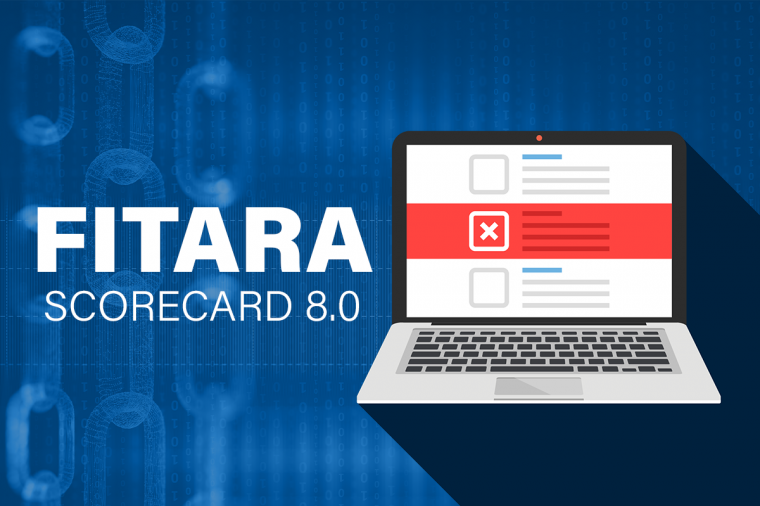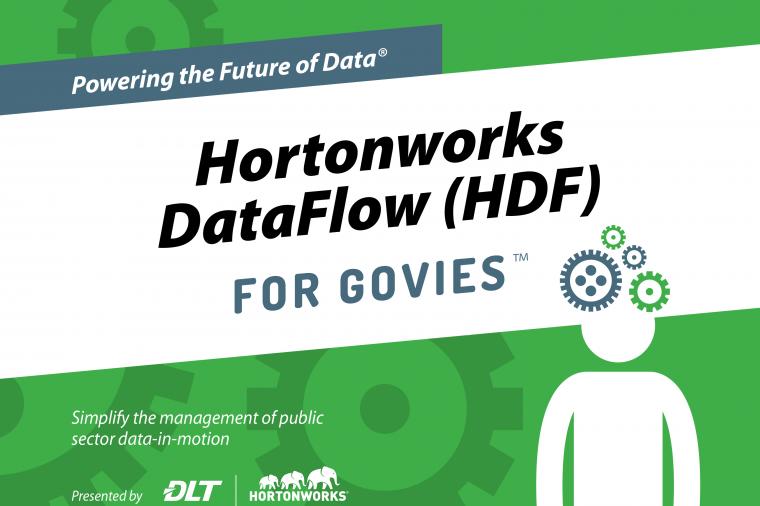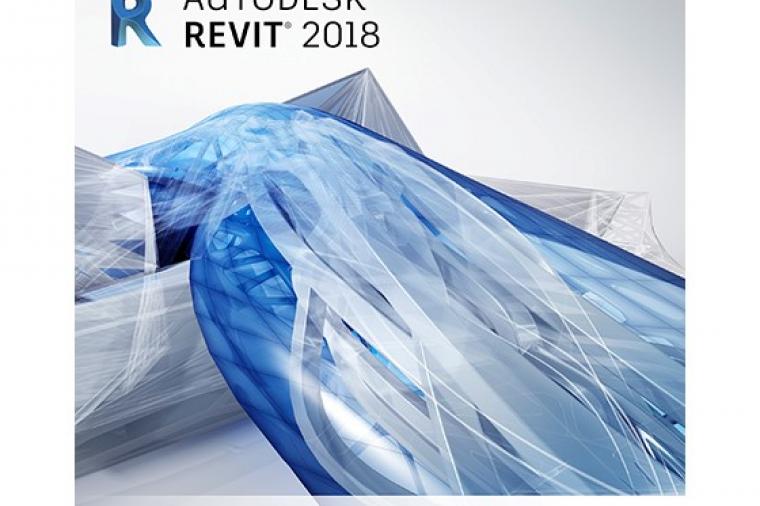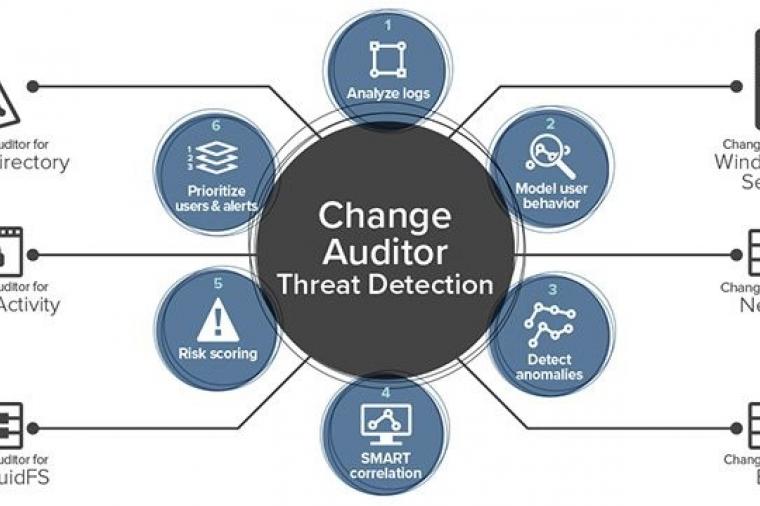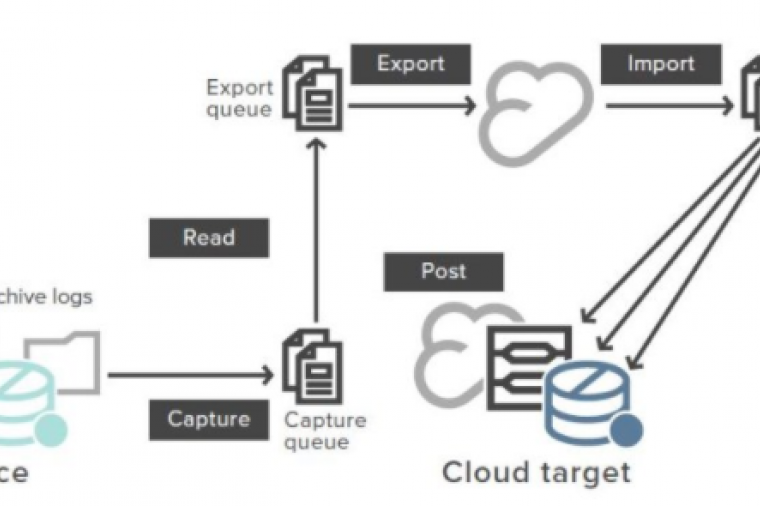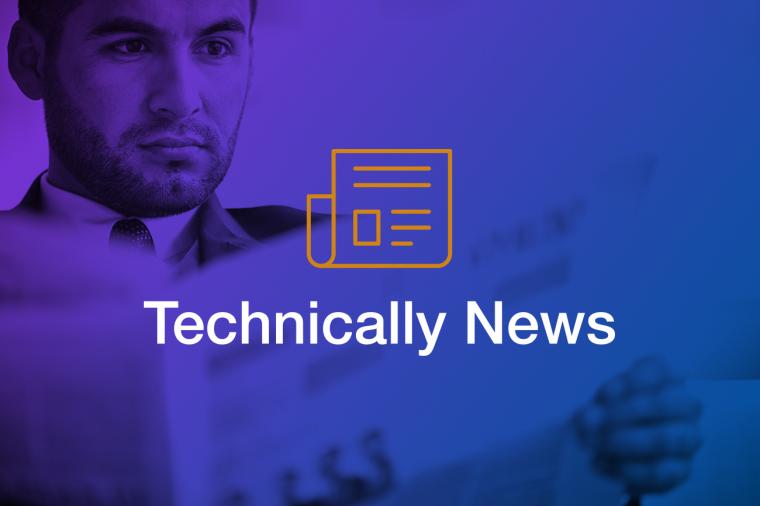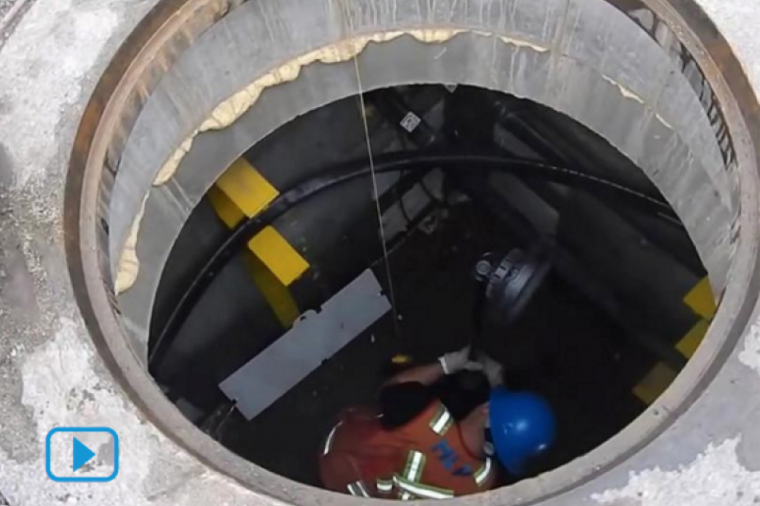If “Fire and Forget” is Part of your FOIA or Legal Hold Playbook, Don’t Aim at your Feet
A quick Wikipedia search reveals that the phrase, “fire and forget,” is a type of missile guidance system where the directional control ends after the launch of the warhead. In a nutshell, the destination target location is hard coded into the warhead. Once launched, the warhead is on a one-way trip to destruction. What if the target isn’t stationary but dynamic? If the target moves after the launch of the warhead, then the missile will miss its intended target and could possibly result in collateral damage.
Analogizing this to managing Freedom of Information Act (FOIA) search requests and litigation holds is pretty easy. Imagine a FOIA search memorandum is sent out. Time passes and there is no proactive follow-up to ensure the FOIA searches are adequately performed. The FOIA officer involved takes the non-response as a no-records response. With litigation holds, there is no follow-up to ensure that custodians understand their requirements under the hold. No reminders are sent to custodians that they are still under an active legal hold. Custodians don’t understand the requirements of the hold. Litigation hold notices are lost and forgotten about.
What happens in these scenarios? The proverbial fire and forget occurs. Collateral damage happens to the agency or organization in legal proceedings because FOIA searches can’t be adequately justified or data isn’t properly preserved due to a breakdown in the legal hold process.
Here are two examples of the fire and forget strategy in action with differing results.
Fire and Forget – A FOIA Example
“The adequacy of a FOIA search is generally determined not by the fruits of the search, but by the appropriateness of the methods used to carry out the search.”[i]
FOIA is grounded in the facilitation of government transparency, and requestors under this act are entitled to the disclosure of as much information as can legally be produced. FOIA relies on “government employees to diligently and honestly respond to requests even from people with whom they disagree.”[ii] Additionally, the spirit of FOIA “calls upon federal courts and the attorneys who are officers of those courts to cooperate so that the public will have access in an efficient, effective, and timely manner.”[iii] “FOIA requires the government to respond adequately to requests from the public and defendants must learn to use twenty-first century technologies to effectuate congressional intent.”[iv]
In a somewhat recent case, National Day Laborer Organizing Network v. U.S. Immigration and Customs Enforcement Agency, Judge Scheindlin puts the adequacy of a government agency’s FOIA search (along with other issues) front and center.
In this case, multiple government agencies were required to respond to the plaintiff’s FOIA request. One government agency’s FOIA office sent a search memorandum to its Office of General Counsel (OGC). The FOIA office did not receive any kind of confirmation from OGC that any search, much less an adequate search, was performed.
Now, stop and take a minute to reflect how your agency manages and tracks these types of internal inquiries. Is your current process similar to the one described in this case? What kind of tracking mechanisms are you using to defend your searches (or non-searches) and communications with potential custodians? Are your FOIA officers following up with search request recipients to ensure that responses are timely? Do you have any kind of reporting tools that can easily be utilized to justify the agency’s position in a declaration or affidavit?
Moving on, the agency FOIA office “viewed a non-response as a ‘no records’ response.”[v] Agencies can satisfy their FOIA obligation by submitting “[a]ffidavits or declarations supplying facts indicating that the agency has conducted a thorough search.”[vi] I believe taxpayers echo Judge Scheindlin’s sentiment when she says, “[i]t is absurd to suggest that [the agency] may satisfy their obligation by submitting a sworn declaration from a FOIA officer asserting that he has requested an office perform a search, has received no response from the search, and therefore assume that a proper search was performed and no documents found.”[vii] Another item to note is that the FOIA officer’s initial declaration claimed that no responsive documents were found. But, on a subsequent declaration, he later corrected his position by stating that OGC never reported back at all.[viii]
Fortunately, the agency in this example did not shoot itself in the foot with this one particular FOIA search request. Both parties disagreed over the scope of the search that OGC should have conducted. For this one particular unit within OGC, Judge Scheindlin granted it the option of fully documenting a new search or submitting a declaration from a supervising attorney stating that, based on personal knowledge, it is not reasonable to believe that the office has responsive documents and that no search is required under FOIA. However, another unit of the agency’s OGC was required to perform a search for responsive documents.[ix]
Fire and Forget – A Litigation Hold Example
There are countless cases illustrating a breakdown in the legal hold process with varying flavors of outcomes. In re NTL, Inc., Securities Litigation continues the theme of this post.[x] This case provides a good example of the “fire and forget” rearing its ugly head in the civil litigation context.
In early 2002, a class of plaintiffs brought this case against a company then known as NTL, Inc. (“Old NTL”) for allegedly violating federal securities laws. Old NTL and several of its subsidiaries entered into Chapter 11 bankruptcy. Two companies survived the restructuring: NTL Europe, Inc. (“NTL Europe”), and the successor company to Old NTL, NTL, Inc. (“New NTL”).
Two written litigation hold memos were issued. The first hold memo was sent to a handful of NTL employees in March 2002. The memo itself was pretty basic in its instructions. Each recipient of the hold notice received a note asking to “[p]lease forward to your reports as you consider appropriate.”[xi] Subsequently, during bankruptcy proceedings of Old NTL in June 2006, another hold memo was circulated to employees with similar instructions.[xii] Many NTL employees never received the hold memo.[xiii] No evidence was presented that either of the two NTLs ever reminded employees of the need to continue to preserve relevant documents and ESI. The evidence shows no adequate litigation hold existed at both NTLs.[xiv]
The fire and forget happened after the March and June hold memos were distributed. The hold memos were not sufficient since they were subsequently ignored by post restructuring NTL entities, New NTL, and NTL Europe. There was no follow up on the original hold notices nor did any ESI preservation activities take place during or after the NTL restructuring. Also, no updated or new holds were issued after New NTL and NTL Europe were formed. Citing one of the most well-known legal hold cases, Zubulake v. UBS Warburg, LLC, Judge Peck went on to say “[i]t is not sufficient to notify all employees of a litigation hold and expect that the party will then retain and produce all relevant information. Counsel must take affirmative steps to monitor compliance so that all sources of discoverable information are identified and searched.”[xv]
To no surprise, data was destroyed, discovery was delayed, and the plaintiffs brought a motion for sanctions. Judge Peck imposed an adverse inference spoliation sanction and the plaintiffs were awarded attorney’s fees.
Conclusion
Be prepared. Don’t aim at your feet. The “fire and forget” approach to managing FOIA search requests and litigation holds is dangerous and should be avoided at all costs.
If you’re in DC on April 3rd, 2014, please join DLT at the Digital Government Institute conference focusing on electronic discovery, information management, as well as records management. The show is very informative and will cover many of the hot issues facing government agencies today. The author of this post will also be speaking on an industry insight discussion panel entitled “Strategy and Tools for Managing Government Records.”
Registration is free for government employees and contractors. Register now!
[i] Iturralde v. Comptroller of Currency, 315 F. 3d 311, 313-14 (D.C. Cir. 2003).
[ii] National Day Laborer Organizing Network v. U.S. Immigration and Customs Enforcement Agency, 877 F.Supp.2d 87, 93 (S.D.N.Y. 2012).
[iii] Id.
[iv] Id. at 111
[v] Id. at 100
[vi] Id.
[vii] Id.
[viii] Id. at 100 n. 59
[ix] Id. at 101
[x] In re NTL, Inc. Securities Litigation, 244 F.R.D. 179, 182 (S.D.N.Y. 2007)
[xi] Id.
[xii] Id. at 183
[xiii] Id. at 198
[xiv] Id.
[xv] Zubulake v. UBS Warburg LLC, 229 F.R.D. 422, 432 (S.D.N.Y.2004)





